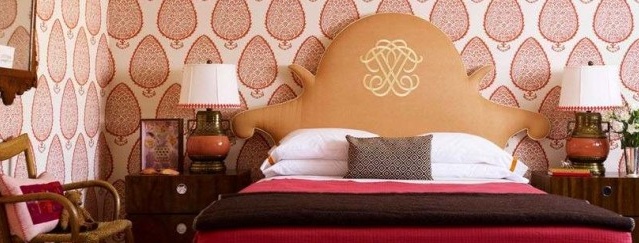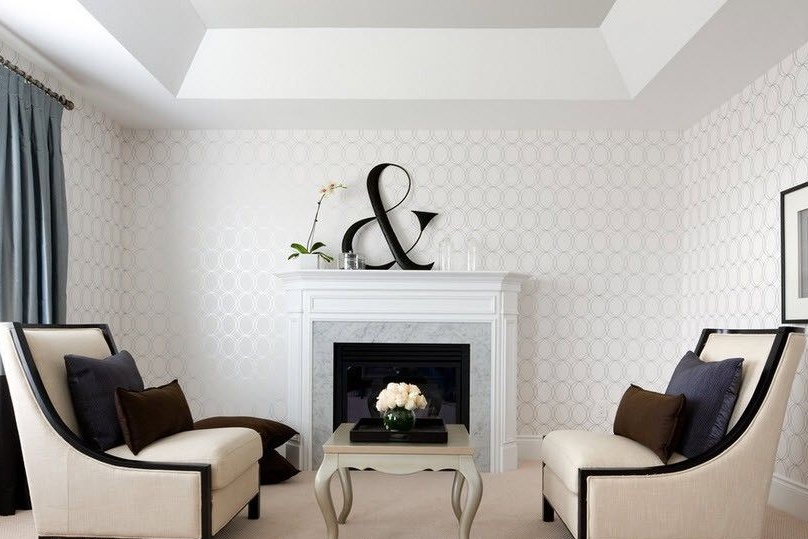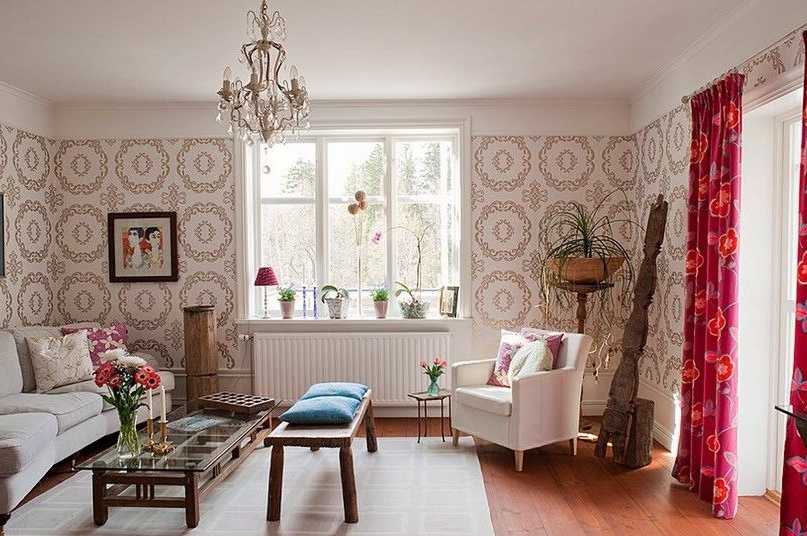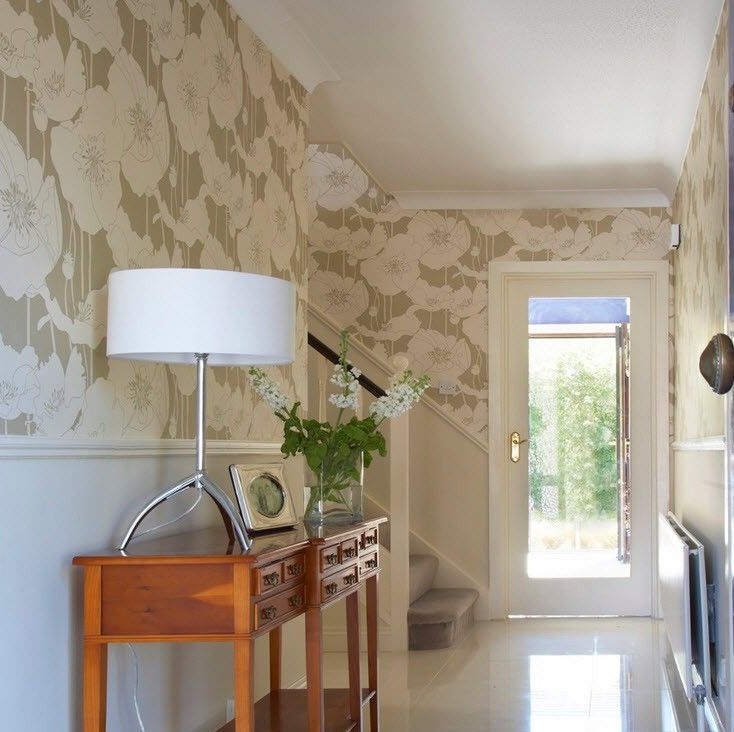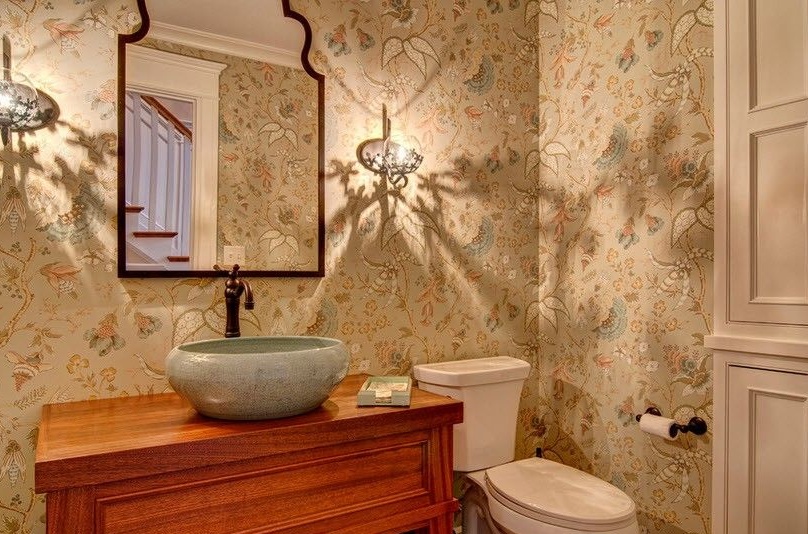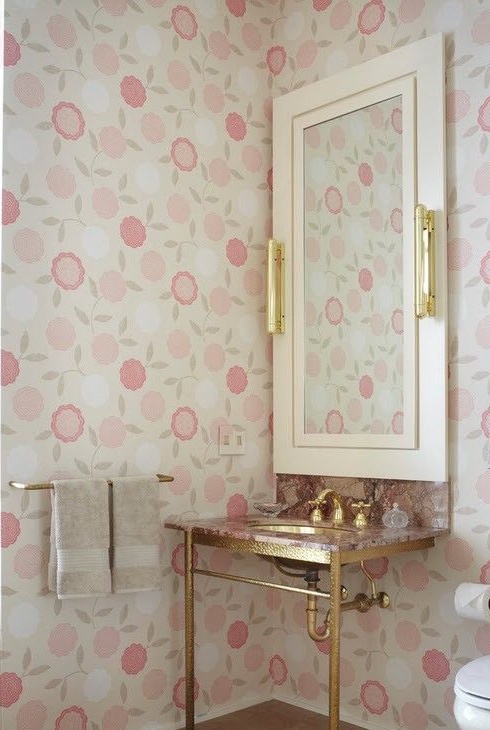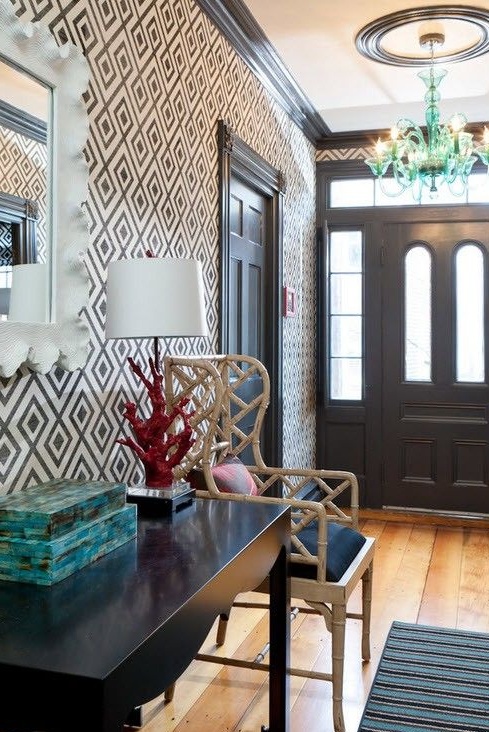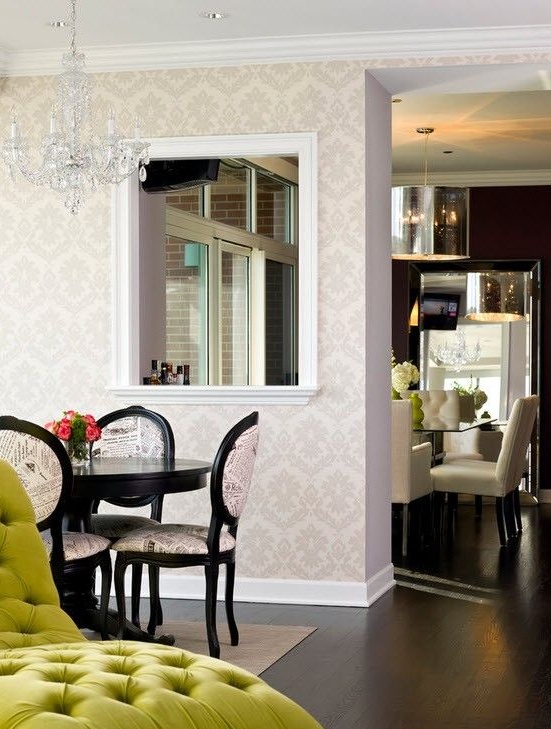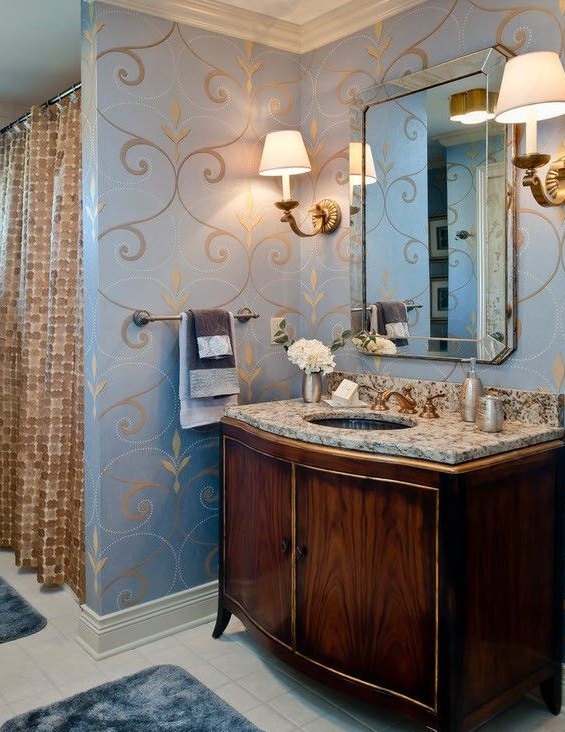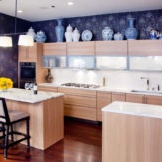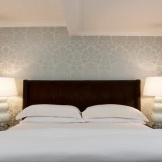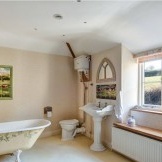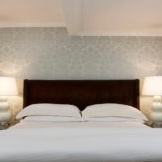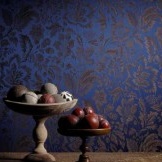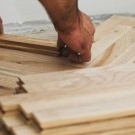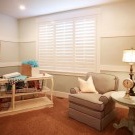Duplex Wallpaper
The modern construction market offers more and more varieties decoration materials for any interior surfaces, whether floor, ceiling, or walls. In addition, new materials and coatings have been invented over time, some of which tend to supersede traditional - and duplex wallpapers are a great example. But what is the peculiarity of these wallpapers and what do they generally represent? We will try to figure this out.
As already mentioned, duplex wallpapers are gaining in popularity, and traditional decoration wallpapers, such as paper or vinyl, are increasingly relegated to the background. This “novelty” visually has some differences from ordinary paper ones - the thing is that these wallpapers are a double layer of coating (hence the name, as you may have guessed), while on paper it is only one. Such a two-layer structure provides additional unique properties to the wallpaper, so they belong to more expensive and heavier wallpapers, although this does not mean that their installation is very complicated - on the contrary, you can successfully carry it out yourself.
Subspecies
If we talk about the types of such material, then they are distinguished mainly by the texture and pattern that is applied to them. Thus, several types can be distinguished:
- smooth wallpaper;
- wallpaper for painting;
- embossed;
- corrugated.
Corrugated, by the way, are carried out using special printing, which is called flexographic. The smooth type is the most common - it is distinguished only by the presence of a drawing. The embossed type also has a texture, that is, a certain relief that looks very good together with the pattern.
Regarding the properties of duplex wallpapers, it is worth noting their presentable and pronounced appearance. In addition, they have excellent moisture resistance, as well as a certain resistance to light. Duplex wallpaper is a more durable and, so to speak, “long-lived” version of the wallpaper - you don’t have to worry that over time, they will lose their appearance. They can also be painted, as their upper decorative layer, as well as the structural material from which they are made, are perfectly combined with paint. In addition, the surface is treated with a water-repellent composition that will allow repainting the wallpaper a large number of times, if there is a need, of course. As for the thermal insulation properties, here the material also showed its best side - they do not let air through, therefore it has a low heat loss rate.
Sticking
Gluing such wallpaper is not difficult, because they are glued in the same way as ordinary paper. But it’s worth considering that these wallpapers are slightly heavier than usual, and therefore they will require a slightly different solution for gluing them — a paste with fungicide or a special glue for such wallpapers, which can be bought at any hardware store, is perfect. Do not forget that before you start wallpapering, you must remove the old ones, and at the same time make sure the walls are even and clean - this is very important. More details about all types of wallpapers, descriptions, photos, features of choice, etc. You can find out here.

